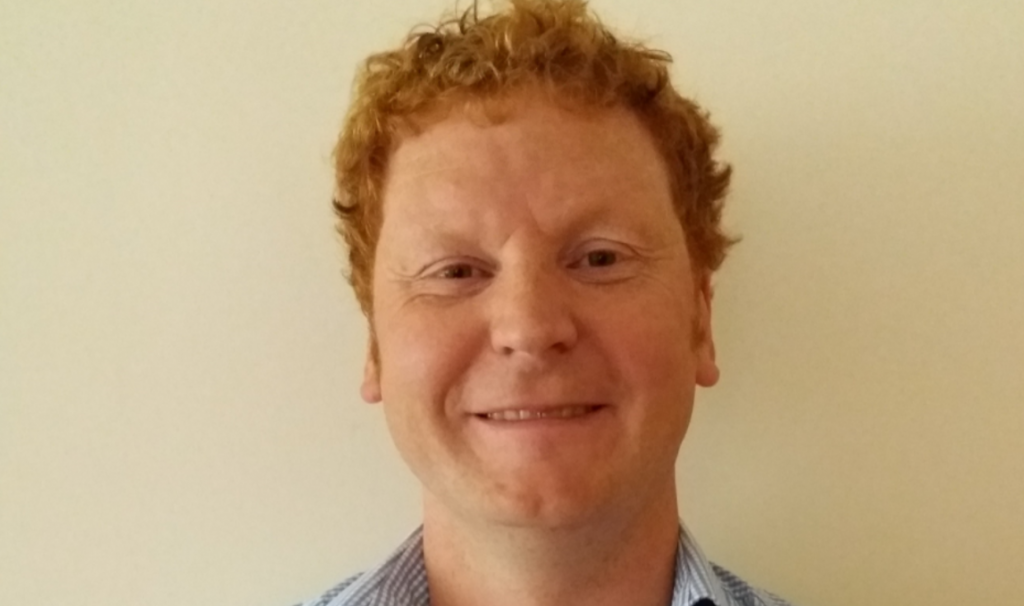If you were using your own money to insure someone else’s life, you might want to know a bit more about the person first.
When buying car insurance, your driving licence, driving history, credit report and any previous claims will be checked. This is underwriting – and life insurance companies do the same – they just ask different questions.
As well as details of the cover required, insurers will ask about age, health, lifestyle, occupation, hobbies, travel and family history.
Overall, approximately one in ten cases will require further information, such as a report from their doctor and/or a medical screening, which can sometimes be carried out remotely.
The decision to ask for further information is not made lightly. GP reports cost in the region of £100 and medicals potentially more. Whether or not to seek further information is typically related to either the medical history, age and/or amount of cover. If someone is asking for £5m of life cover insurers are going to ask for a doctor’s report even if the client is believed to be in perfect health.
The pandemic has of course impacted across the industry and caused some delays, especially where medical reports are required. But insurers have adapted well and are using technology wherever possible to speed up the process.
Underwriting decisions
Once the required information has been received by the insurer there are several different outcomes customers can expect:
- Accept as standard: approximately 75% of all protection cases
- Loadings or exclusions: around 20% of cases
- Postpone or terms not available: 5% of cases
Standard or ordinary rates means there is no change in the premium or the terms of the policy. A loading is when the premium is increased following underwriting. An exclusion is where a specific restriction applies, for example, if you have a history of back pain an insurer may apply a spine exclusion for income protection. And postpone is when an insurer might ask you to reapply in 6 or 12 months.
Smoking and vaping
Smoking roughly doubles the cost of protection insurance and customers will typically be asked if they have smoked or used nicotine replacement etc. in last 12 months. Customers who state they are non-smokers may be asked to take a cotinine test.
Currently, any vaping is typically treated the same as smoking. Although the data and science are constantly evolving.
How advisers can help
Encourage clients to be open and honest and support them through the process – 98% of all protection claims in the UK are paid successfully and insurers paid out a record £6.2bn last year, the equivalent of £17m a day.
Being open, trustworthy and truthful when applying for cover is the best way to make sure your clients are part of the 98%.
No insurer wants to be in the position where they are unable to pay a claim because the impact of misrepresentation can be devastating for the family left behind.
Advisers can play a crucial role in helping customers to understand the process and answer the questions as best they can.
If advisers help clients understand why the information is required, and the impact of not being open and honest, in our experience they are more likely to give full disclosure.
